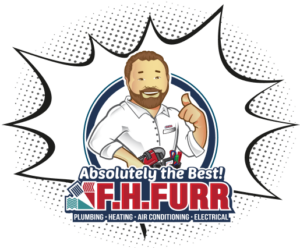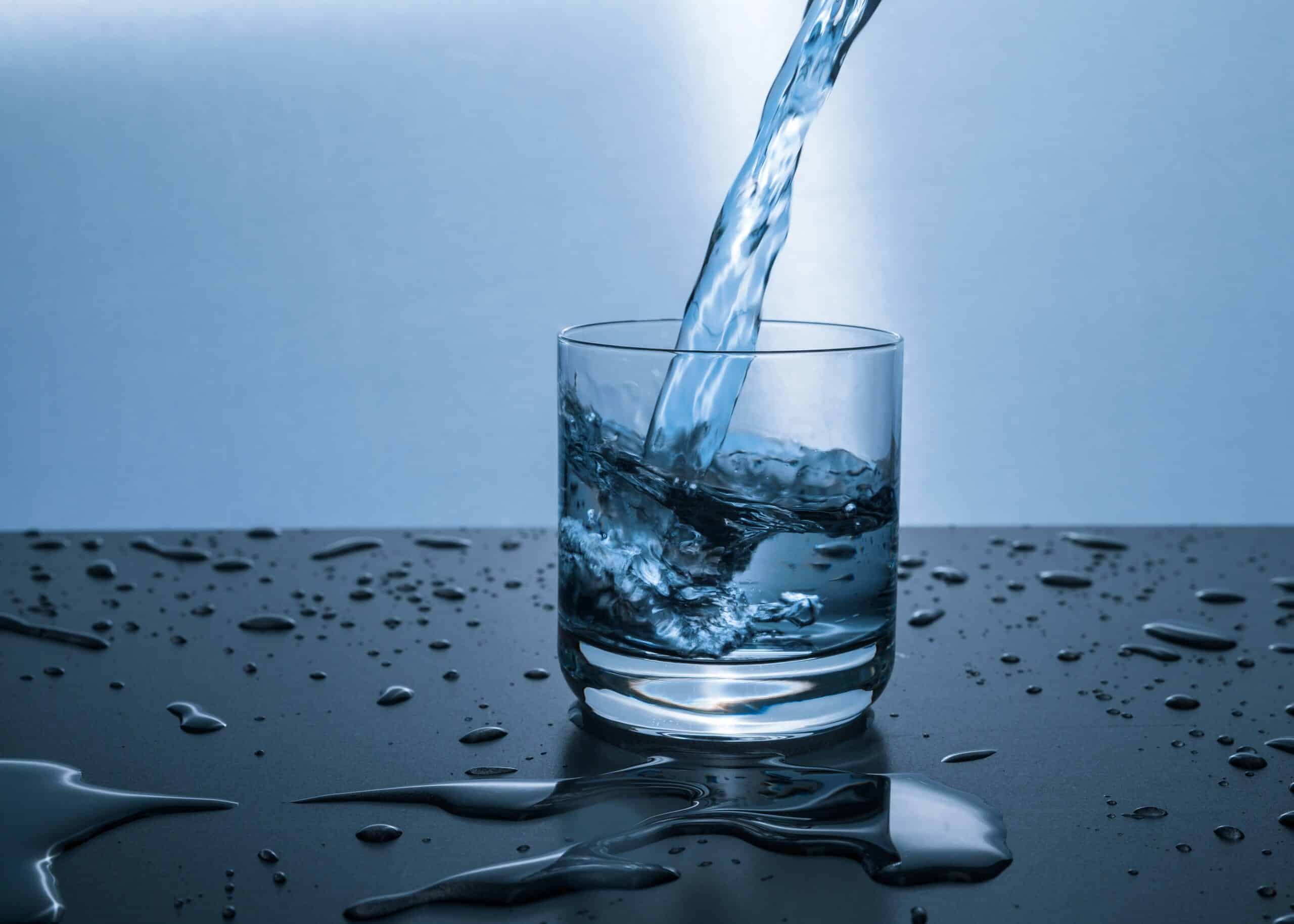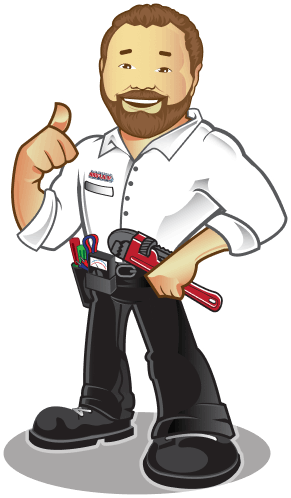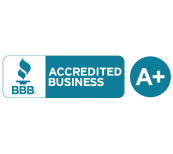Your Nine Most Important Steps For Heating Assurance This Winter
Cold weather is not far off—is your heating system ready? Now is the time to check it out. If you don’t, you may find yourself without heat on a cold night. Here are nine steps to take for heating assurance this season.
1. Test Your Heating System
Give your heater a trial run beforehand and check if you can feel warm air from the vents. If you’ve turned the thermostat up and warm air is not apparent, call an HVAC professional for a system evaluation or repair. Whether warm or cold air…if there is a gas smell, shut it down and call an HVAC professional or the gas company as soon as possible. If there is a burning smell, it is probably just the dust and debris in the furnace burning off.
2. Check Gas or Oil Connections
Faulty gas or oil connections are a fire hazard and can contribute to health problems. Check gas pressure, burner combustion, and the heat exchanger. A dirty burner or cracked heat exchanger causes improper burner operation and dangerous carbon monoxide emissions. You may need an HVAC professional to make these checks.
3. Check All Electrical Connections & Lubricate Moving Parts
Loose or corroded electrical connections can cause unsafe operation of your system and reduce the life of major components. Measure voltage and current on motors. Parts that lack lubrication cause motor friction and increase the amount of electricity you use.
4. Clear Heat Pump Obstructions
Unrestricted airflow is critical to efficient heat pump operation all year long. Avoid stacking anything against the heat pump or draping anything over it. At the least, hose the outside unit down to clear it of dirt, leaves, and grass clippings. Call an HVAC professional if you’re uncomfortable removing the housing for a good coil cleaning.
5. Make Sure You Home is Sealed Up Tight
Do a self-inspection of your home to check for air leaks that will decrease your comfort and system efficiency. Hold a candle flame near windows, doors, and light fixtures. Smoke moving in a horizontal direction indicates heat loss. Correct it by adding some caulking, weatherstripping, or appropriate insulation. Be sure the flue is closed on unused fireplaces; install glass doors to minimize heat loss. Turn off bathroom and kitchen ventilation fans when they aren’t needed. Close drapes when it’s dark outside to reduce heat loss, especially if you have older windows. Open drapes to let in radiant heat during the daytime.
6. Adjust & Clean Air Registers & Replace Filters
Check air vents for obstructions; close registers on high ceilings and open floor-level registers wider to save energy and money. Make sure filters are clean and clear to prevent restricted airflow that can cause damage to your furnace, making it work harder and use more fuel.
7. Replace Carbon Monoxide Detectors
Although toxic carbon monoxide is an unavoidable byproduct of most furnaces, undetected leaks can be health-threatening. Making sure you have precautions in place will prevent you or your family from becoming sick. You may need to call an HVAC professional to carry out this step.
8. Test & Lower Your Thermostat
If it has batteries, make sure they’re fresh. Turning the setting down just a few degrees can shave 5% to 10 % off your heating bill. Also, make sure that the differential setting is right for the heating season. The differential controls how many degrees of a difference there will be between the temperature you set and the actual temperature in the home. Too wide and too narrow both have drawbacks on efficiency and maintenance.
9. Consider a Programmable Thermostat
They cost a little more than basic ones, but they usually pay your back over the course of a year in energy savings. A programmable thermostat automatically adjusts the differential and time of day settings, economizing when you’re not home or when you’re sleeping.
Need Professional Help?
You may decide you lack the ability or time to perform these tasks. If so, a good move is to learn more about the seasonal services available at a nominal cost. Seasonal maintenance is an inexpensive investment that makes your equipment last longer and saves energy. It can reduce your annual HVAC costs by 5%-10%, fulfill your warranty obligations and prolong the life of your equipment.













